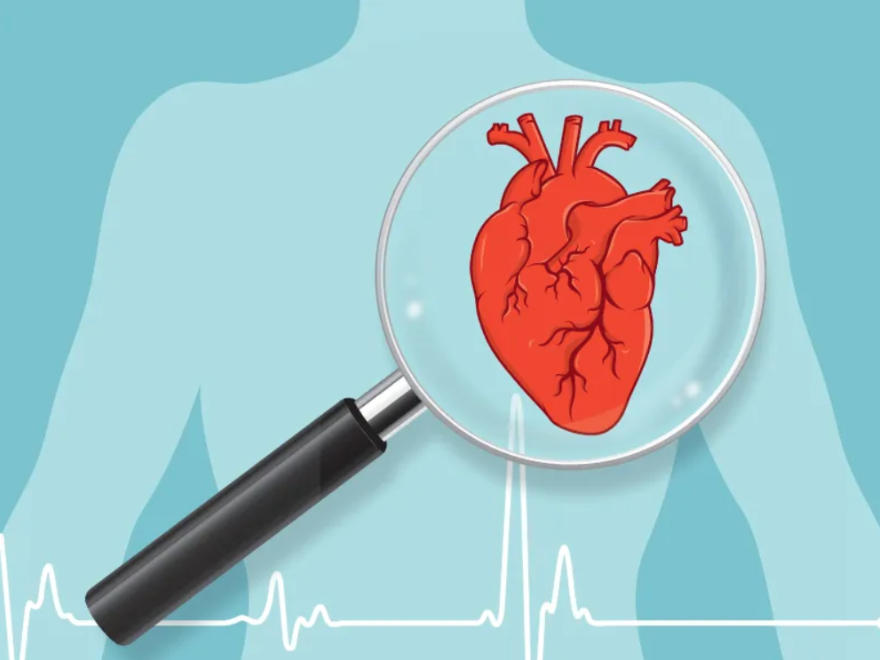Resveratrol is a natural compound found in a variety of plants, including grapes, apples, berries, and some nuts.
It has antioxidant and anti-inflammatory properties that may help counter key drivers in aging and age-related diseases — inflammation and oxidative stress.
Resveratrol has been found to directly engage with at least twenty proteins central to vital cellular processes associated with aging, DNA repair, antioxidant protection, and energy metabolism. (1)
This is likely one of the reasons it has a broad spectrum of potential health benefits across various conditions.
“Among the polyphenolic phytochemicals, resveratrol is believed to reduce the negative effects of the aging process through its multiple biological activities.” (2)
Key Points
- Extension of lifespan in 6 species
- Shown to target multiple hallmarks of aging
- Health effects similar to caloric restriction seen in mice
- Improved measures of blood vessel health and function in an analysis of 17 clinical trials
- Reduced inflammatory markers in an analysis of 6 studies
- Enhanced the cholesterol-lowering effects of diet and exercise in obese individuals
- Improved cholesterol, blood pressure, and fasting glucose in an analysis of 21 studies with overweight or obese individuals
- Promoted weight loss in an analysis of 28 clinical trials
- Improved bone health in a 12 month clinical trial
- Enhanced standard therapy for patients with osteoarthritis
Resveratrol Promotes Longevity in Several Ways
A meta-analysis of 19 studies showed that Resveratrol extended lifespan across 6 species: yeast, nematodes, mice, fruit flies, Mexican fruit flies, and turquoise killifish. In bees, it boosted lifespan by 38%.
Extensive research has identified several ways that Resveratrol may help promote longevity:
- Activation of Sirtuins: Resveratrol is known to activate sirtuins, a group of proteins involved in cellular regulation, metabolism, and DNA repair. (3, 4)
- Antioxidant and Properties: Resveratrol is a potent antioxidant, which means it can neutralize harmful free radicals that contribute to cellular damage and aging. (5, 6)
- Anti-Inflammatory Properties: Resveratrol helps reduce chronic inflammation, a key factor in aging and age-related diseases. (7)
- Mitochondrial Health: Resveratrol supports mitochondrial health, boosting cellular vitality and longevity. (8, 9)
- DNA Protection: Resveratrol safeguards DNA from oxidative damage, crucial for preserving cellular function and countering aging effects. (10,11)
Resveratrol Mimics the Effects of Caloric Restriction
Resveratrol has been studied for its ability to mimic the effects of caloric restriction, a dietary regimen that has been linked to longevity. (12)
“The potential for resveratrol to confer the longevity benefits of dietary restriction has generated enormous interest in the scientific community.” (13)
A comparative study in mice found that caloric restriction and Resveratrol had similar anti-aging effects.
“Resveratrol and CR exhibited similar anti-aging activities, evidenced by inhibiting senescence and apoptosis, and restoring cognitive impairment and oxidative damage.” (14)
Resveratrol Shows Cardioprotective Effects
Improves Blood Vessel Health
A meta-analysis of 17 studies found that Resveratrol improved measures of blood vessel health and function.
“In conclusion, the results of this study suggest that resveratrol supplementation can improve endothelial function which could be important, especially in patients with cardiovascular diseases.” (15)
Reduces Inflammation
Resveratrol significantly decreased serum levels of the inflammatory molecules, CRP and TNF-α, in a meta-analysis of 6 studies
“In agreement with most of the studies included in the meta-analysis, we found a potential preventive effect of resveratrol supplementation on inflammatory conditions in CVD patients.” (16)
Enhances the Benefits of Lifestyle Changes on Blood Cholesterol
A clinical trial showed that adding Resveratrol to a diet and exercise intervention in obese people resulted in greater improvements in blood cholesterol levels than diet and exercise alone.
“Regarding the lipid profile, the RSV treated group displayed approximately 36% less triglycerides, decreased total cholesterol, VLDL, and increased HDL levels as compared to placebo, while no significant differences were observed in the placebo group.” (17)
Improves Cholesterol, Blood Pressure, and Fasting Glucose
In a pooled analysis of 21 clinical studies, Resveratrol improved metabolic health in overweight and obese individuals, decreasing total cholesterol, systolic blood pressure, and fasting glucose.
Helps with Weight Loss
In a clinical trial, Resveratrol protected against oxidative stress, reduced body weight and BMI, and improved blood pressure in individuals with type 2 diabetes.
Additionally, a meta-analysis of 28 clinical trials showed Resveratrol reduced body weight, BMI, and waist circumference.
Resolves Challenges Associated with Impaired Glucose Metabolism
In a clinical trial, Resveratrol enhanced glucose control, decreased oxidative stress, and mitigated inflammation in individuals with type 2 diabetes (T2DM) who were taking oral hypoglycemic medications.
In a small study, Resveratrol was discovered to increase two important proteins in muscle cells: SIRT1, which supports cell health, and AMPK, which helps regulate energy use. This also led to greater energy expenditure.
Resveratrol Promotes Bone Health
Resveratrol supplementation improved bone density and lowered a marker of bone breakdown (C-terminal telopeptide type-1 collagen) by 7.24% in a 12-month clinical trial with postmenopausal women.
Another clinical trial found that the addition of Resveratrol to a standard therapy for osteoarthritis in patients significantly enhanced pain relief and reduced inflammatory molecules in the blood.
A study on rats with osteoporosis showed that the effects of Resveratrol on bone quality were mediated through the activation of SIRT1, a protein that plays a role in regulating metabolism and aging.
Bioavailability
Bioavailability is the proportion of a compound that reaches the bloodstream and is transported to the site of action.
It is reported that Resveratrol’s bioavailability is less than 1% when taken orally. (18) It undergoes rapid metabolism in the liver and intestines, significantly limiting the amount that actually enters the bloodstream.
Formulations have been developed to enhance the bioavailability of Resveratrol, such as liposomal delivery systems
“Among them, liposomal resveratrol formulations have been proved to have high entrapment efficiency, improve resveratrol stability and biological activity against UV-B-induced oxidative damage, decrease the cytotoxicity of resveratrol at high concentrations and improve the efficiency of resveratrol on the cell-stress response.” (19)




